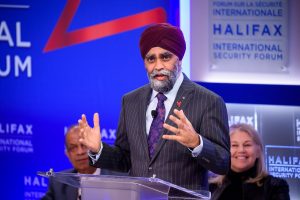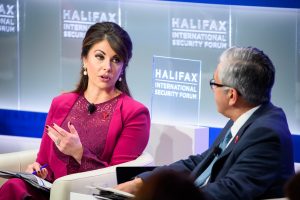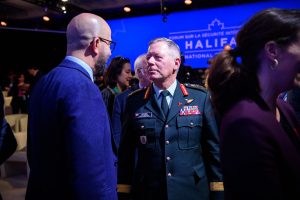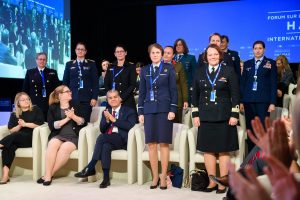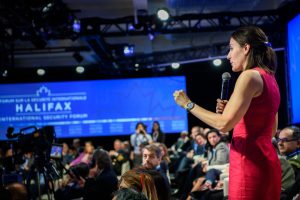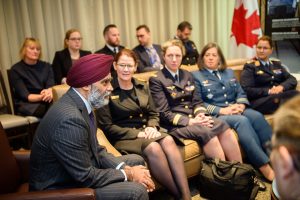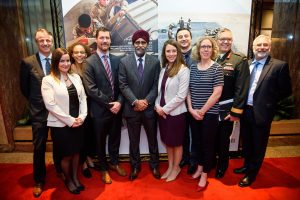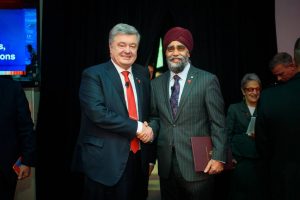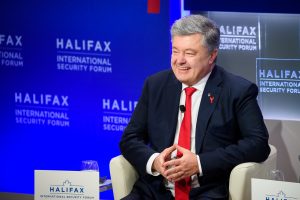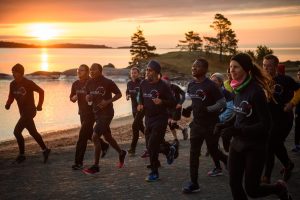HFX Conversations is HFX’s online publication. HFX Conversations is dedicated to bringing ideas and opinions from democratic leaders to the wider public and will publish essays and interviews when they need to be published.
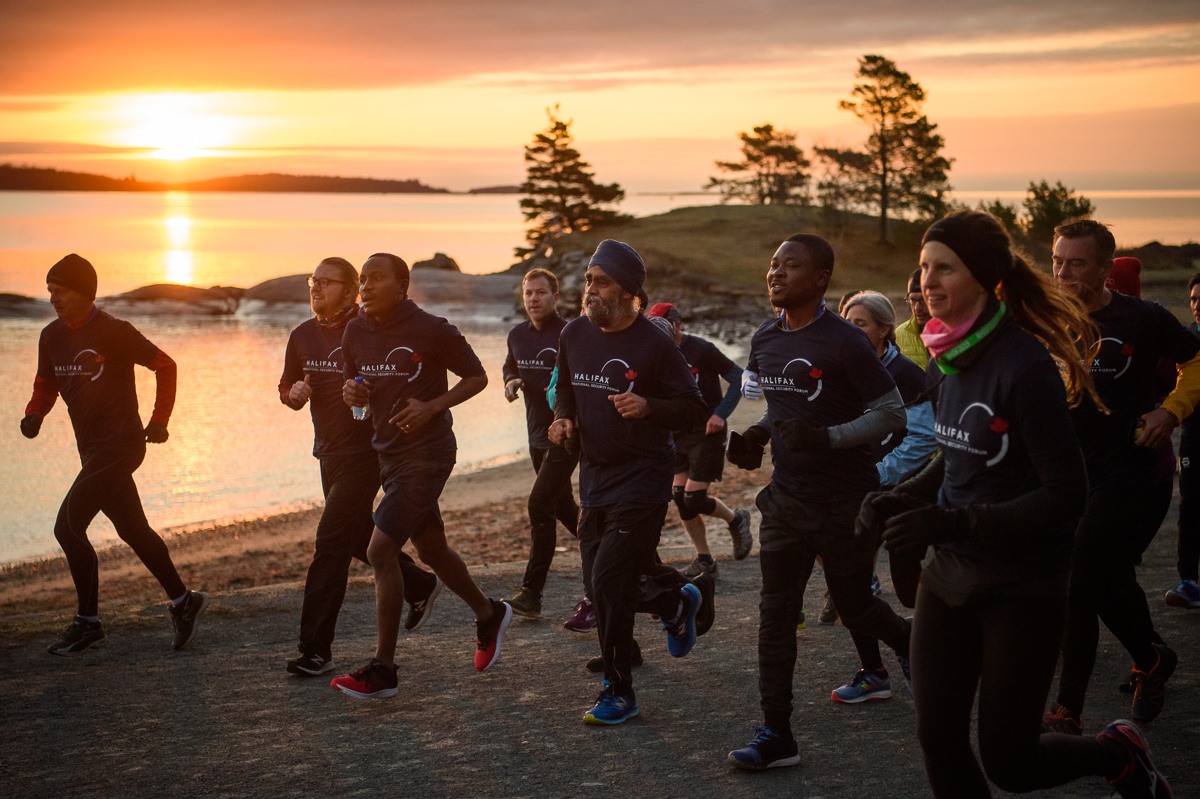
2019 HALIFAX INTERNATIONAL SECURITY FORUM
DATE
November 22-24, 2019
LOCATION
Halifax, Nova Scotia
PARTICIPANTS
300
AGENDA & SPEAKERS
7:00
5K Run with Canadian Minister of National Defence
LOCATION: Westin Lobby
8:30-10:00
BREAKFAST SESSIONS
Global Energy, Renewable Threats
SPEAKERS:
- Mr. Mikhail Khodorkovsky, Founder, Open Russia; Mr. Laurent Ruseckas, Executive Director, Global Gas, IHS Markit
- MODERATOR: Mr. Ryan Heath, Senior Editor, POLITICO
Out of Control: Nukes Without Treaties
SPEAKERS:
- Ms. Heather Hurlburt, Director, New Models of Policy Change, New America; Mr. Mikhail Kasyanov, People’s Freedom Party, Russia; General Stephen Wilson, Vice Chief of Staff, United States Air Force
- MODERATOR: Mr. Bryan Bender, Defense and Space Editor, POLITICO
10:00-10:30
Halifax Chat ON THE RECORD
Speakers
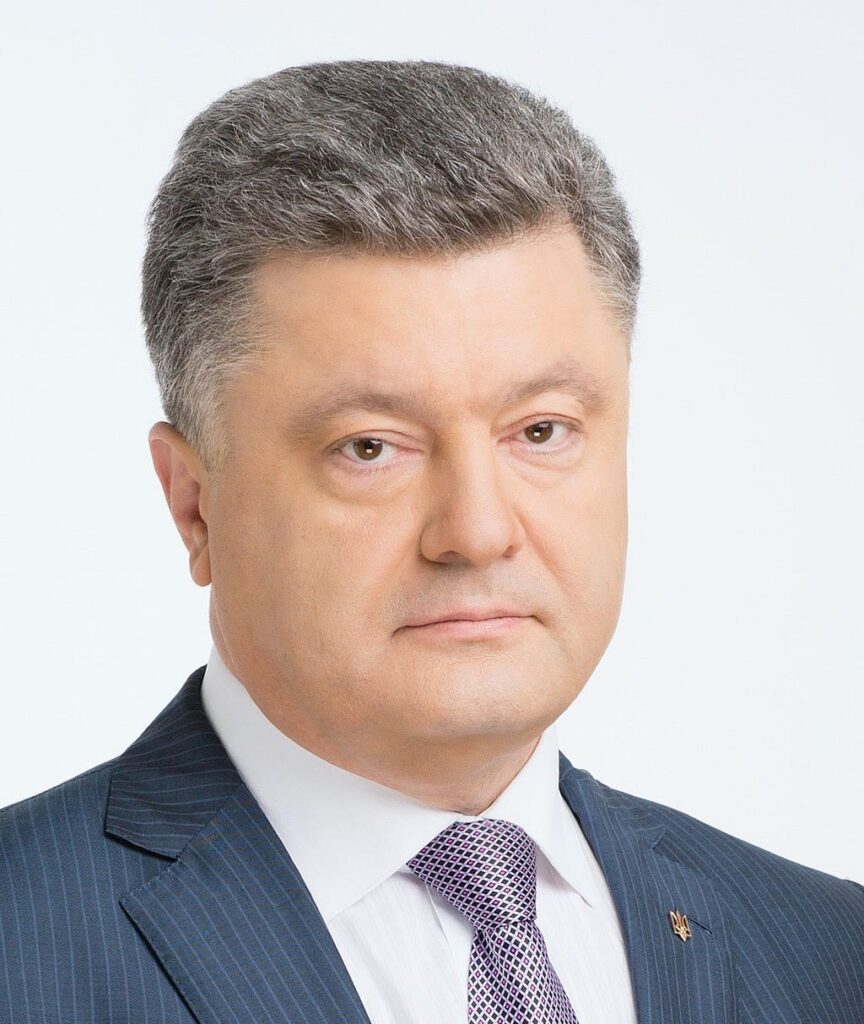
Petro Poroshenko
5th President of Ukraine, Government of Ukraine
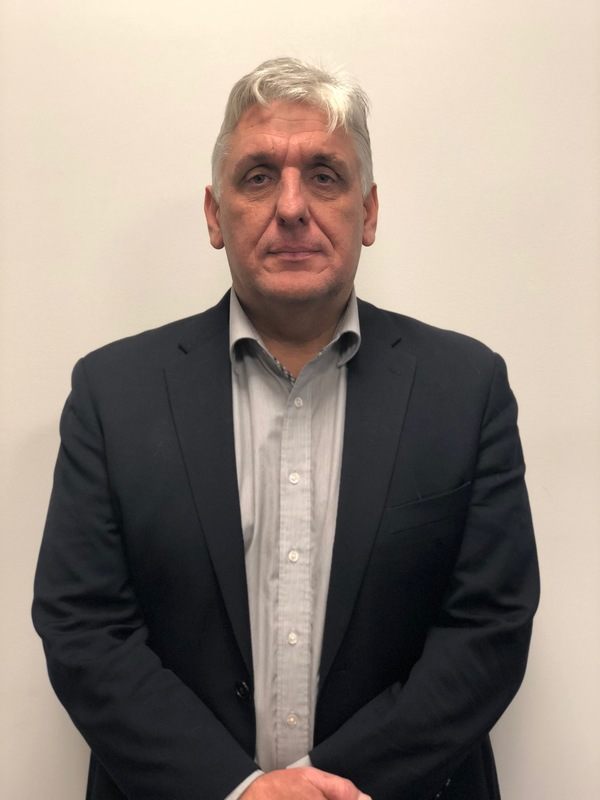
Moderator Mr. Robin Shepherd
Vice President, Halifax International Security Forum
Will Crimea be returned to Ukraine? There isn’t a doubt in former Ukrainian President Petro Poroshenko’s mind that the annexed territory will soon belong to his country once more. The post-war era was destroyed in an instant when President Vladimir Putin invaded Crimea in 2014, bringing U.S.-Russian tensions to their highest point since the Cold War.
In spite of the conflict, Poroshenko is grateful for strong bi-partisan solidarity from Canada and still considers the U.S. to be Ukraine’s strongest ally, even with the uncertainty that shadows that relationship today. He issued a call for Ukraine to join NATO. He also urged the Sunday Halifax Chat to remember that the values of democracy that once united the world, will strengthen NATO solidarity. He left the Forum with a warning from the frontlines of the Russia conflict – “Don’t let Putin divide us.” Ukraine is not going anywhere.
10:30-11:30
Plenary 7: Security Solutions, Women’s Contributions ON THE RECORD
Speakers
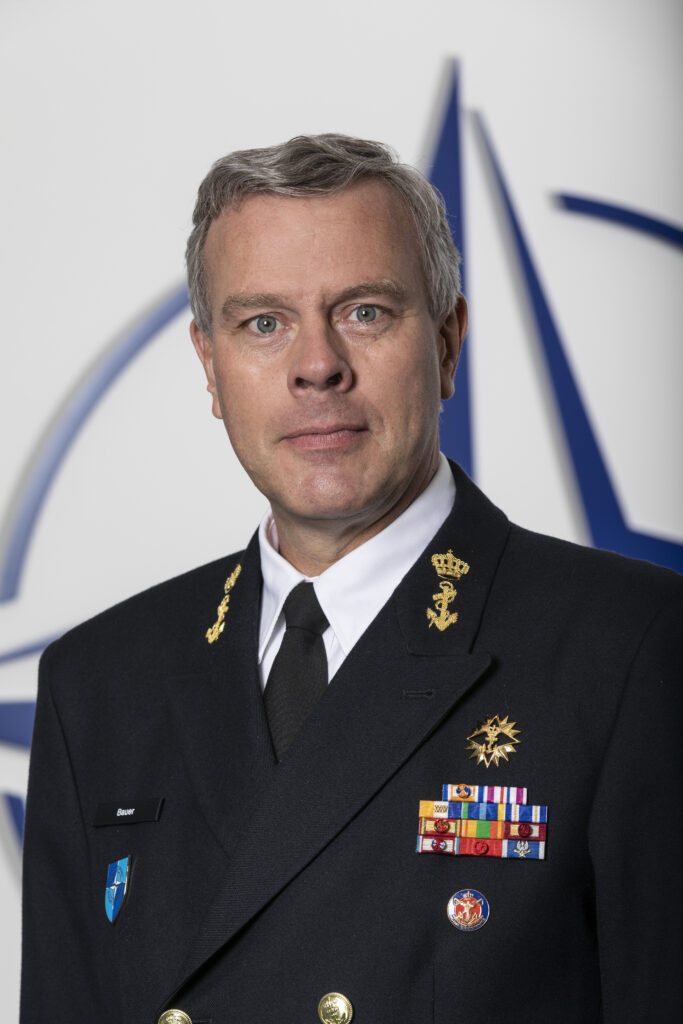
Admiral Rob Bauer
Chief of Defence, Netherlands Armed Forces
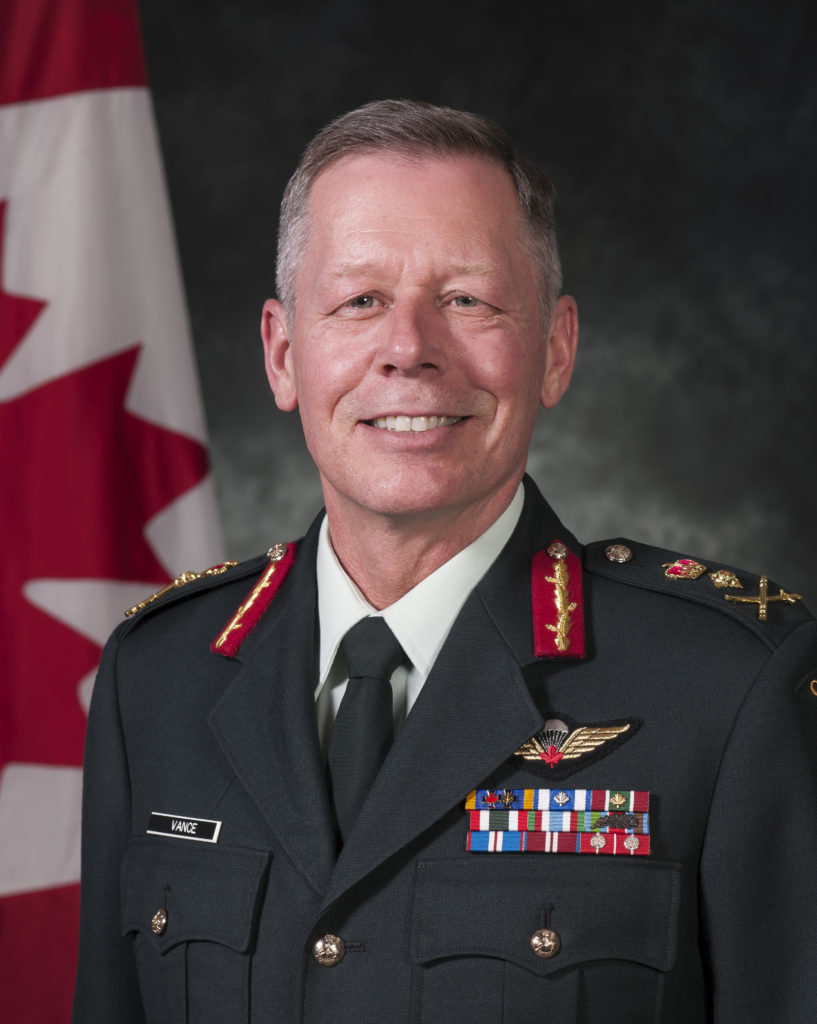
General Jonathan Vance
Chief of the Defence Staff, Canadian Armed Forces
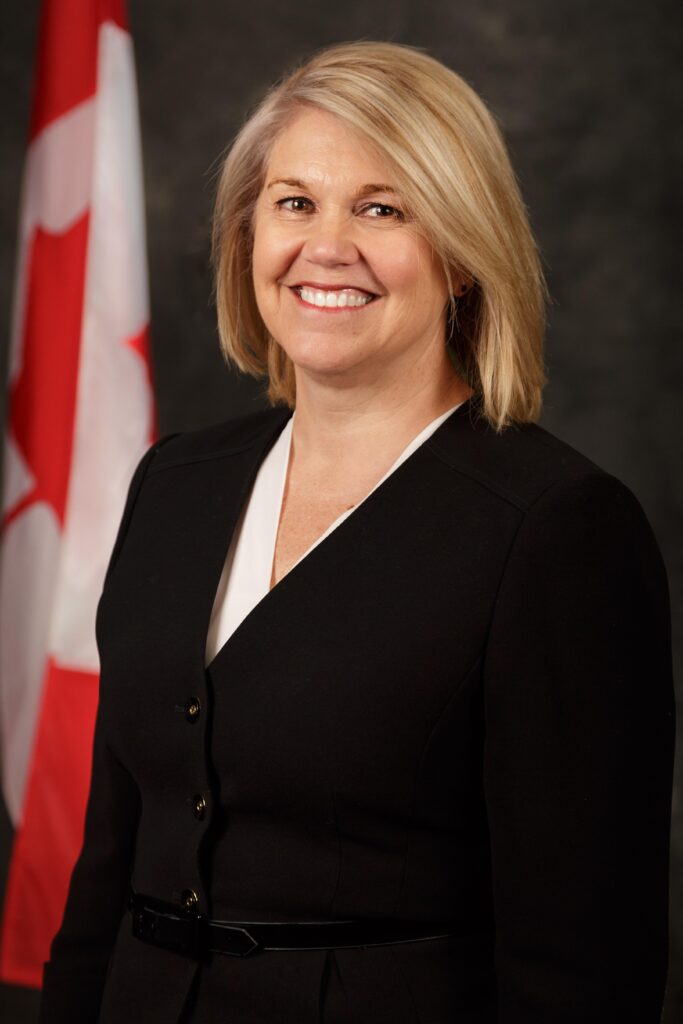
Ms. Jody Thomas
Deputy Minister of National Defence, Department of National Defence, Canada
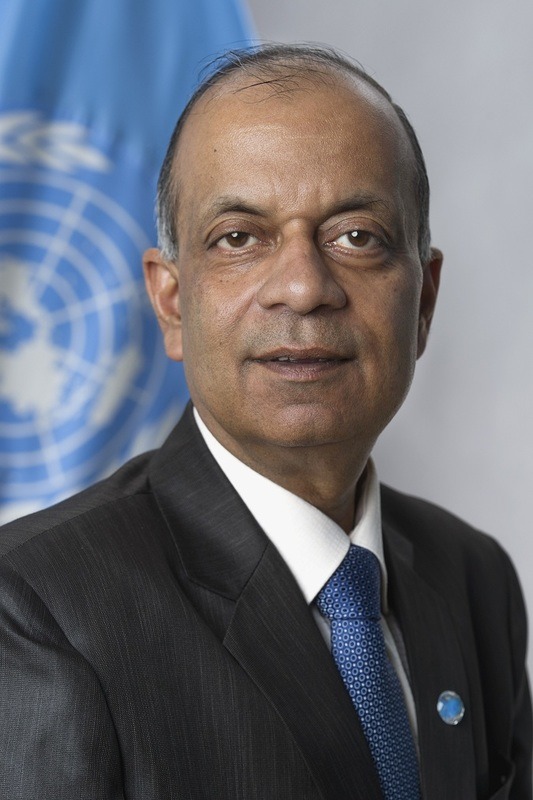
Mr. Atul Khare
Under-Secretary-General for Operational Support, United Nations
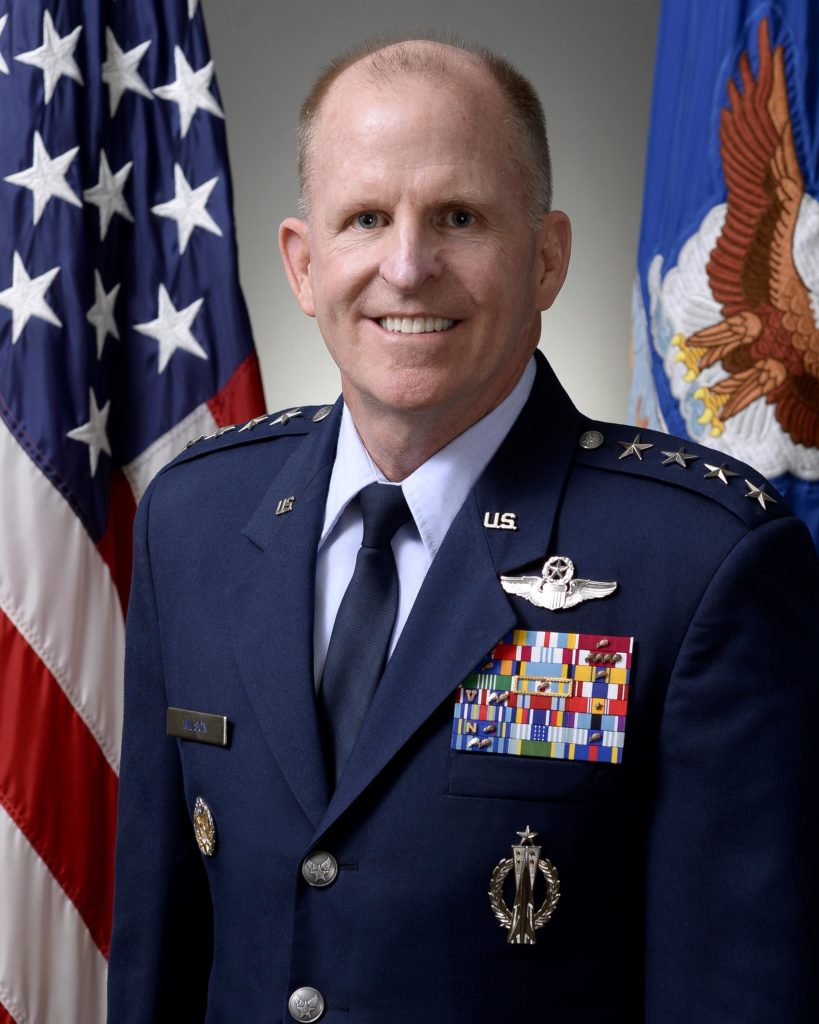
General Stephen Wilson
Vice Chief of Staff, United States Air Force
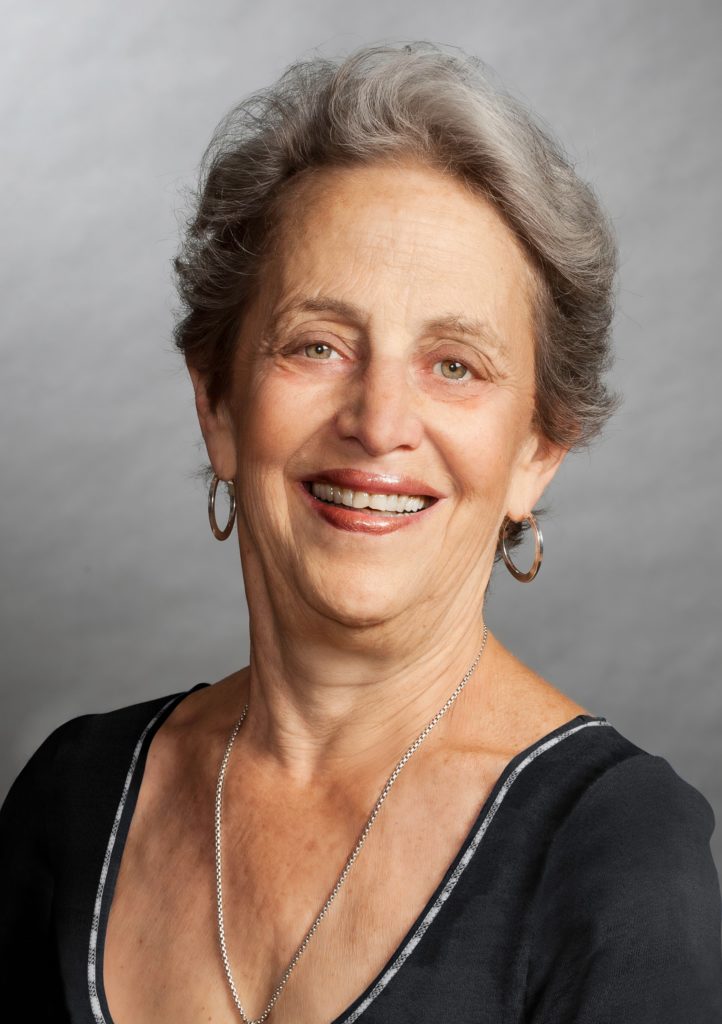
Moderator Dr. Janice Gross Stein
Belzberg Professor of Conflict Management and Founding Director, Munk School of Global Affairs, University of Toronto
Canadian Deputy Defence Minister Jody Thomas recognized that in 2019, women must play an equal and significant role in global security – especially at events like the Halifax International Security Forum. The sector is often exclusionary to women, but the seventh plenary encouraged a discussion on how the barriers to gender equality can be removed. Janice Stein opened the panel immediately to the floor, allowing participants to speak directly to their experiences as women leaders in their field. This showed that women in security do not need anyone to speak for them. Their contributions and solutions speak for themselves.
Having more women in the room changes how we look at conflict zones. It changes our access to communities and it should be fundamental to our values as a nation. Canada has taken a leadership role in gender equality, but the world, the industry, and men can do more to ensure that equality is achieved. Including women in security is not just a moral imperative. It is a strategic security advantage that can bring change desperately needed in an uncertain world.
“We have to encourage more women to do this, it’s not enough to be the first, it needs more than just one”
— Solveig Krey, Deputy Assistant Chief of Staff, Operations Section, Defence Staff Norway, Norwegian Armed Forces
“As long as you think culture is a soft, female-ish, word, you’ll have a rotten time working for me and you might want to find a different job”
— Elanor Boekholt-O’Sullivan, Commander, Cyber Defence Force, Netherlands Armed Forces
“Talking about being inclusive is only a first step. Real, lasting change takes action. All of us have more to do and all of us can do better”
— Hon. Harjit S. Sajjan, Minister of National Defence, Canada
“Women in the armed forces are not just numbers, they bring a unique perspective. They can do things that men can’t do”
— General Stephen Wilson, Vice Chief of Staff, U.S. Air Force
“We need to show people that being different is something that is right, that is okay, that is being sought”
— Admiral Rob Bauer, Chief of Defence, Netherlands Armed Forces
“Diversity is of critical importance. When we talk about peace, we want a peace that is founded on the full, meaningful contributions of all members of society”
— Mr. Atul Khare, Under-Secretary-General for Operational Support, Department of Operational Support, United Nations
“We need a critical mass of diversities”
— Dr. Janice Gross Stein, Belzberg Professor of Conflict Management and Founding Director of the Munk School of Global Affairs and Public Policy, University of Toronto
“We know that women are ‘mentored’ and men are ‘sponsored’ and that word sponsorship matters because I wouldn’t be in the job today if some men hadn’t sponsored me, because five years ago absolutely no one would have seen me as the Deputy Minister of National Defence.”
— Ms. Jody Thomas, Deputy Minister of National Defence, Department of National Defence, Canada
11:30-12:00
Coffee Break
12:00-13:00
Plenary 8: Revolutions and their Remains ON THE RECORD
Speakers
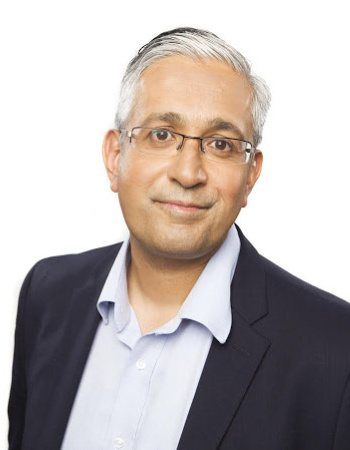
Moderator Mr. James Coomarasamy
Senior Presenter, BBC Radio and World Service
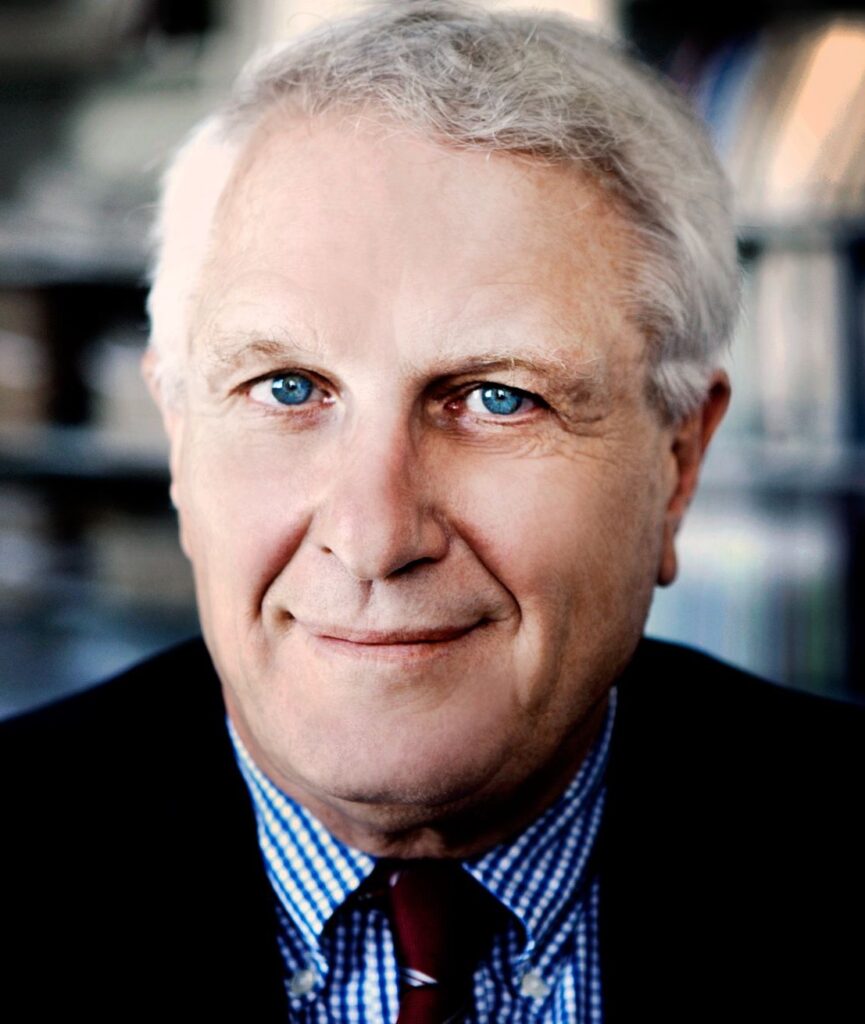
Dr. Joseph Joffe
Publisher and Editor, Die Zeit; Distinguished Visiting Fellow, Hoover Institution
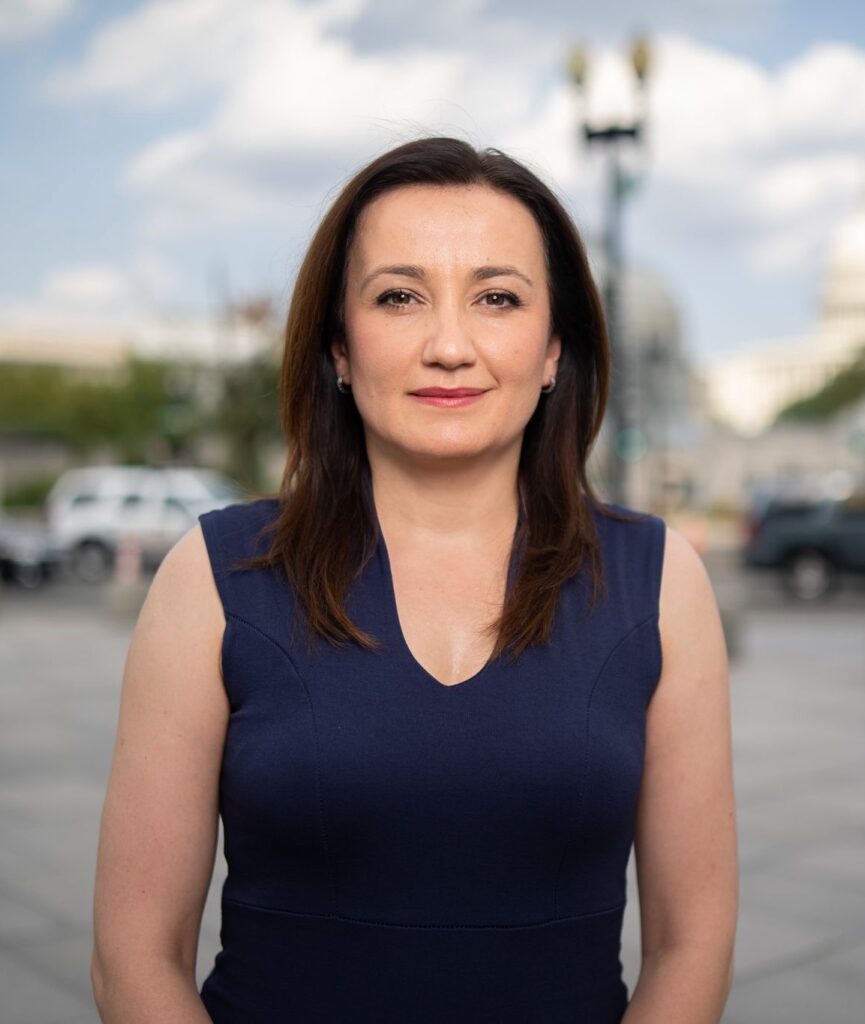
Ms. Ia Meurmishvili
Senior Editor, Voice of America, Georgia
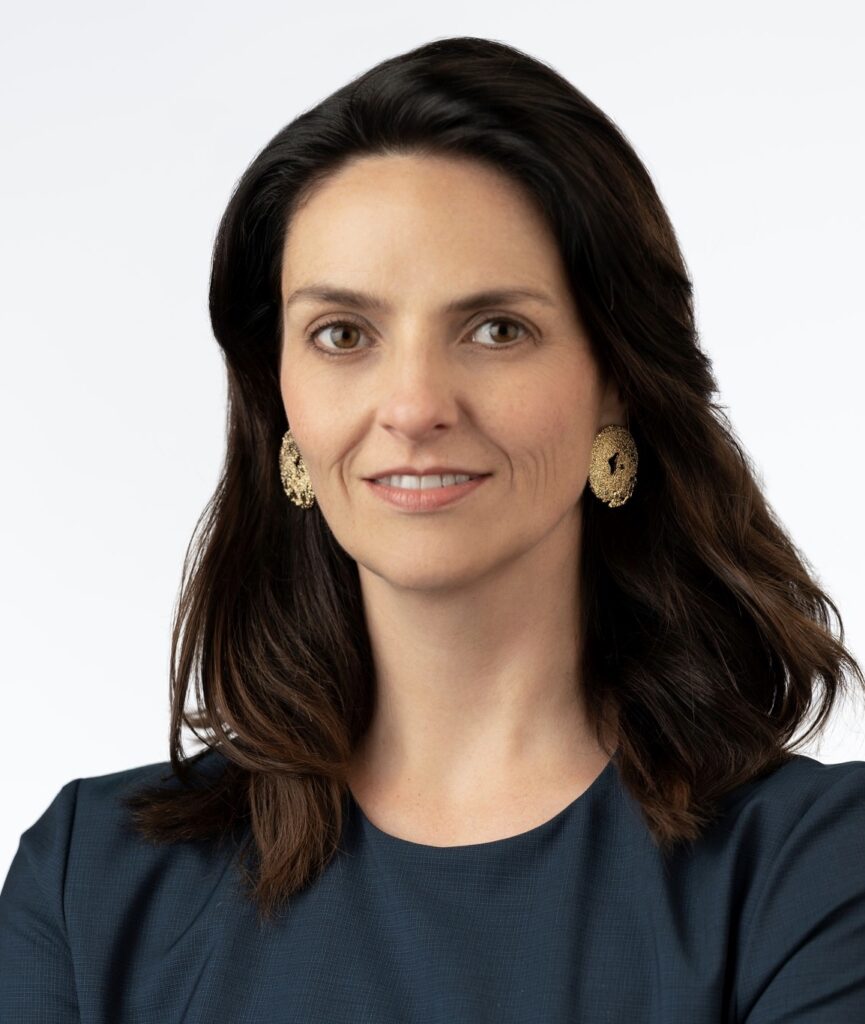
Ambassador Jacqueline O’Neill
Ambassador for Women, Peace, and Security, Canada
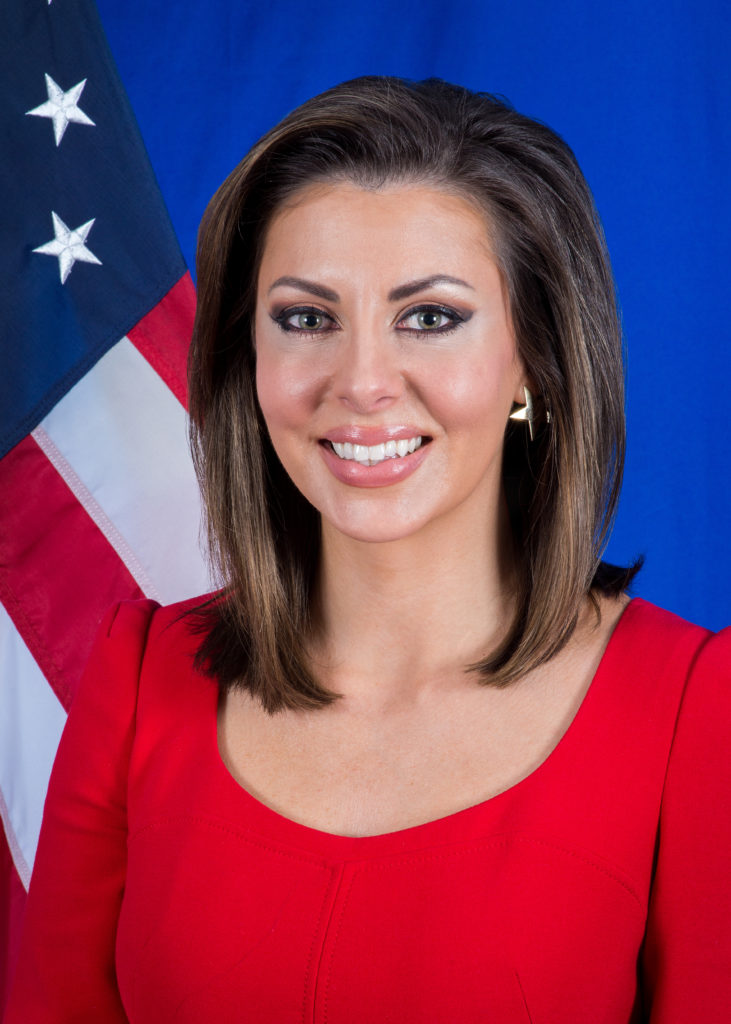
Ms. Morgan Ortagus
Spokesperson, United States Department of State
You say you want a revolution. Well, everybody wants to change the world. From Hong Kong to Lebanon to Chile to Iran, people are taking to the streets. They are frustrated with institutions that are failing to provide their basic social and economic needs. They are embittered by widening levels of inequality and they are fed up with their leaders’ weakness in the face of the existential threat of our day – climate change. As people rise up and raise their voices all around us, what should we make of this moment? Should we be hopeful? Should we be fearful? And what can democracies do to help?
Morgan Ortagus is convinced that democracies have a big role to play. She highlighted the U.S. State Department’s continuous efforts to use communications methods, old and new from telegrams to Instagram, in order to extend its hand to people who are fighting for their freedoms abroad. The U.S. goal is to amplify their voices for the rest of the world to hear. Dr. Joseph Joffe pointed out that while revolutions have local origins, these battles always turn into something larger. The world’s democracies have an obligation to help, but they can no longer do so by dropping bombs and firing bullets. Ambassador Jacqueline O’Neill agreed that democracies need to deliver support, but interventions can only yield long-term results if we encourage revolutionary movements to clear a larger space for women’s voices and leadership.
“Winners tend to go after the losers of the revolution. That is what happened in Georgia. We are lacking American leadership, and seeing an increase of Russian intervention”
— Ms. Ia Meurmishvili, Senior Editor, Voice of America, Georgia
“I don’t think we should ever be shy about promoting democracy and promoting the will of people to choose their own destiny”
— Ms. Morgan Ortagus, Spokesperson, United States Department of State
“Something we see consistently is that women play major roles in a revolution as organizers but when it comes to take power, they are excluded”
— Ambassador Jacqueline O’Neill, Ambassador for Women, Peace, and Security, Canada
“We can’t talk about great powers when people can’t put bread on the table”
— Dr. Josef Joffe, Publisher and Editor, Die Zeit, and Distinguished Visiting Fellow, Hoover Institution
13:00-14:00
Closing Lunch
LOCATION: Atlantic Ballroom

